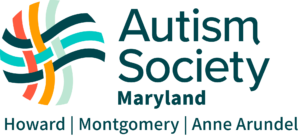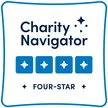By Lynda L. West, Stephanie Corbey, Arden Boyer-Stephens, and Bonnie Jones, et al.
No one has a greater stake in the outcome of transition planning than the student with a disability. The student should be an active, participating member of the transition team, as well as the focus of all activities. For a young person with a disability, decision making is complicated by limited choices and the tendency for others to tell the individual what to do.
Too often students are thought that dependence, passivity, and reliance on unseen forces will take care of them. Throughout transition planning, students should be encouraged to express concerns, preferences, and conclusions about their options and to give facts and reasons. They may need to learn how to express their thoughts in a way that others listen to them and respect their views. In order to learn these skills, students need to practice them within a supportive environment. The transition process is a good place to start.
Read more. LD Online.


























